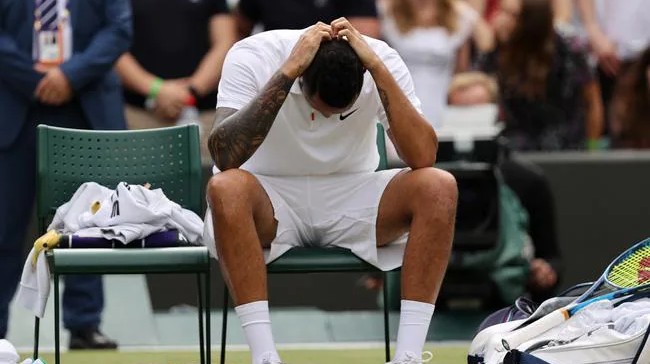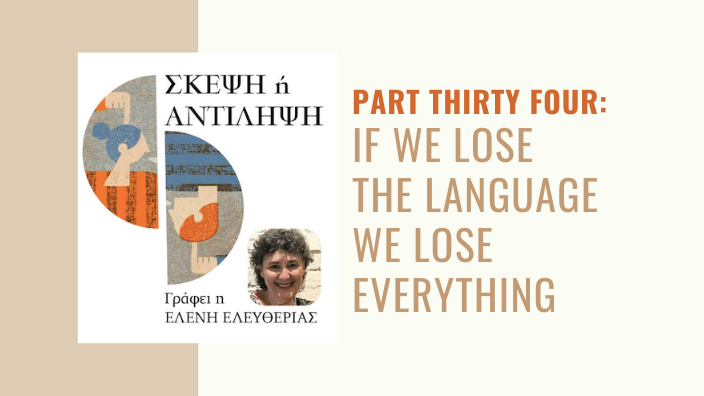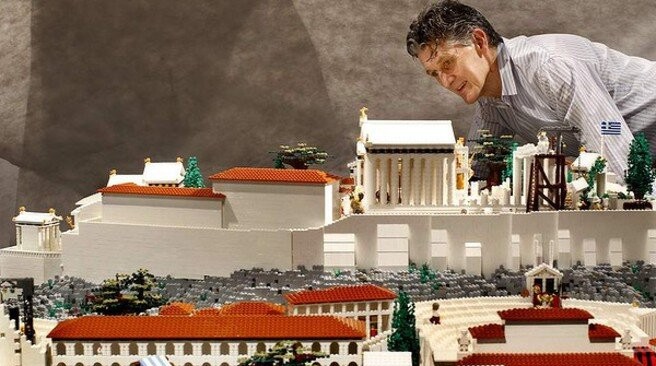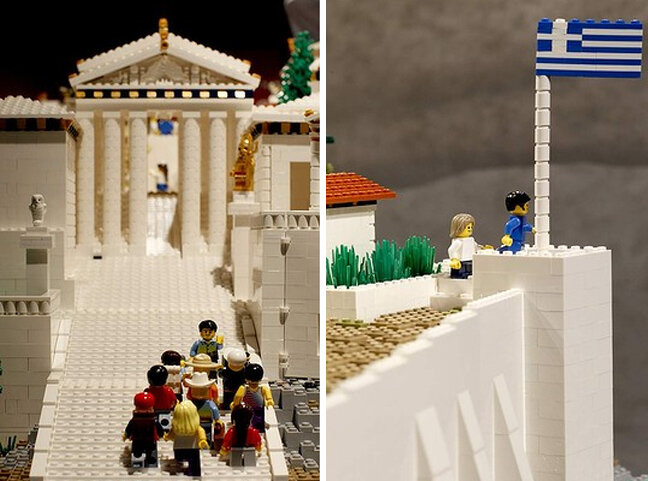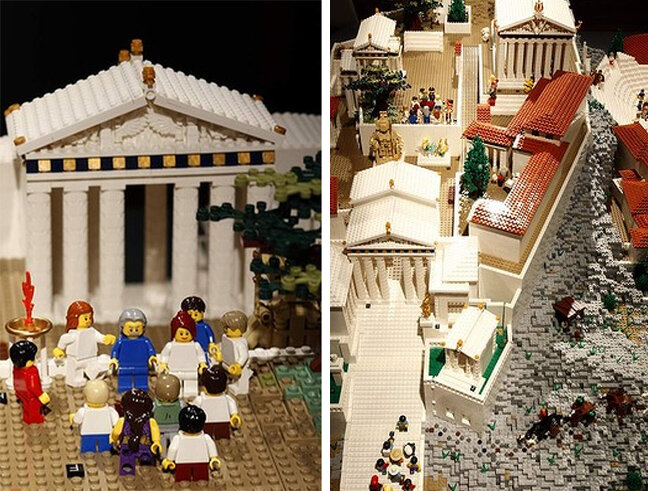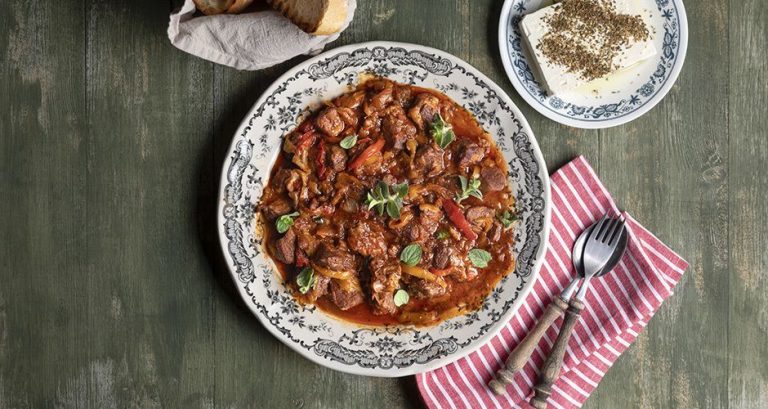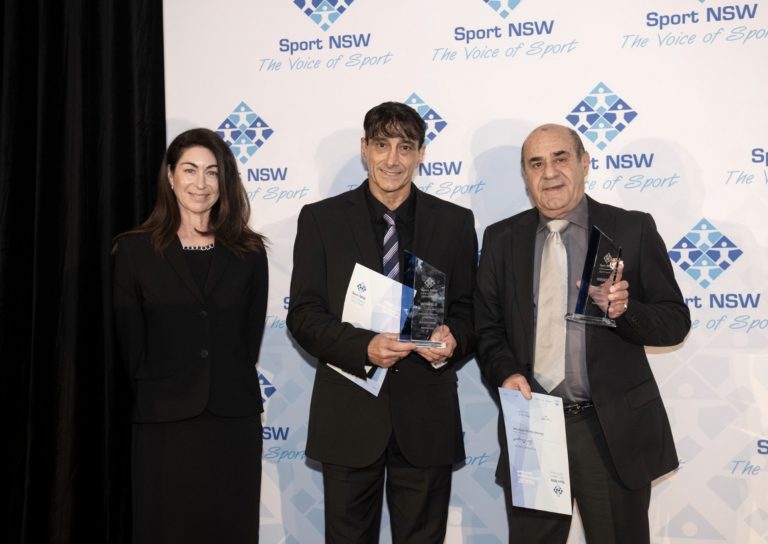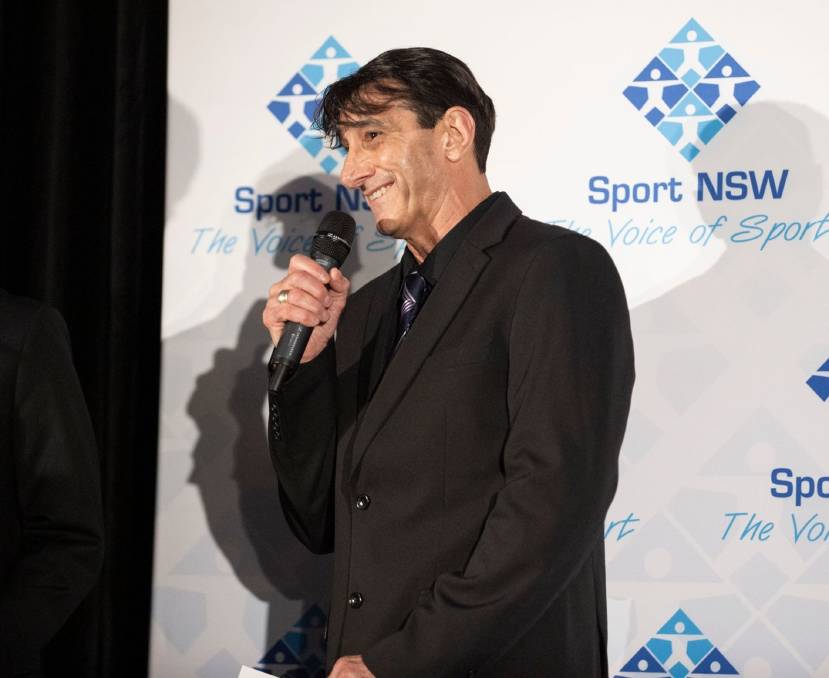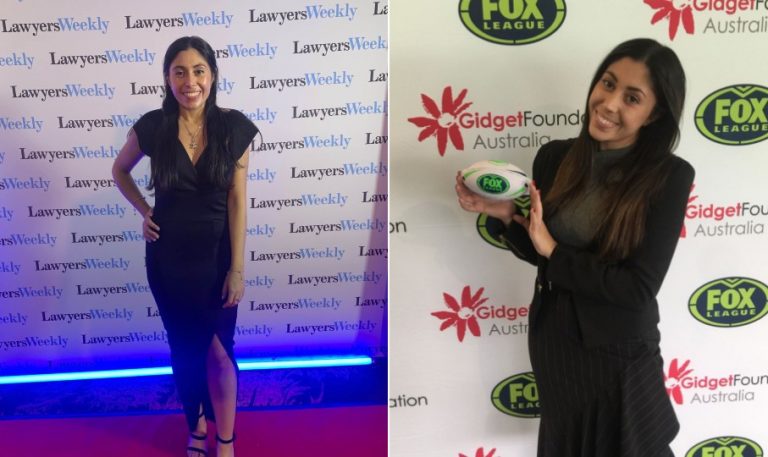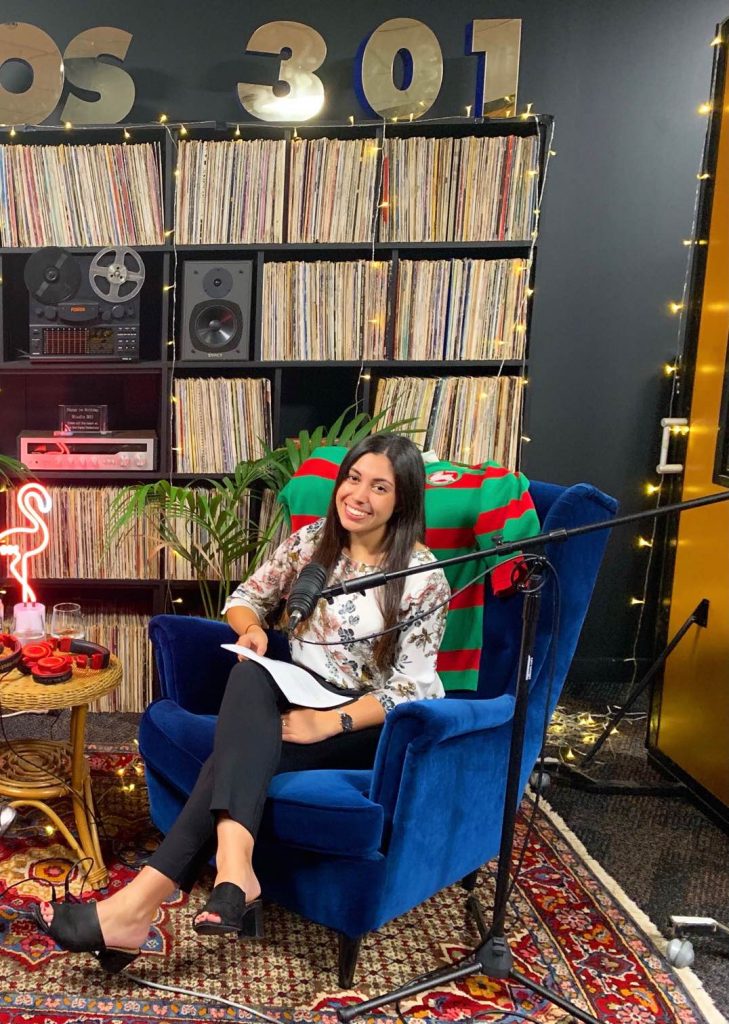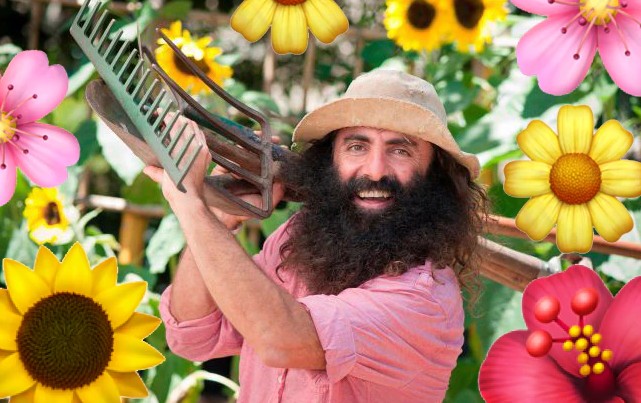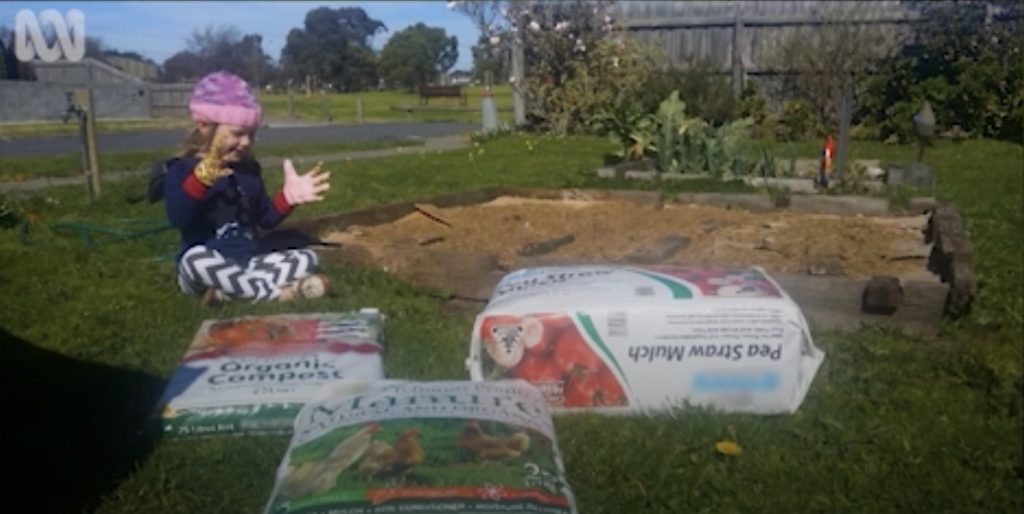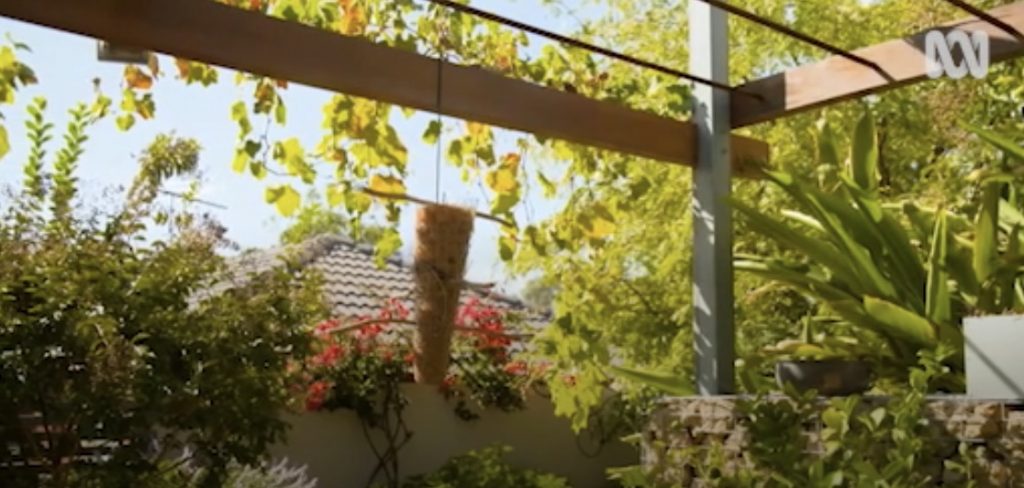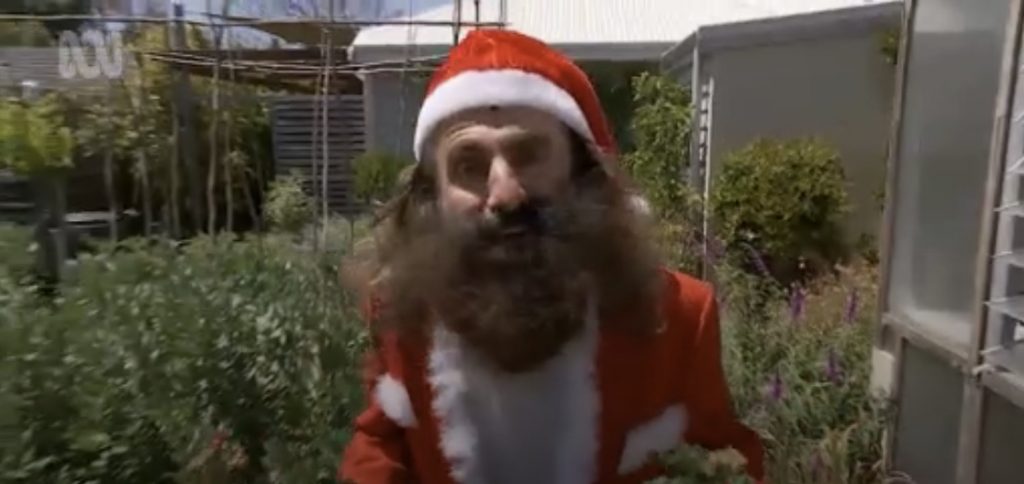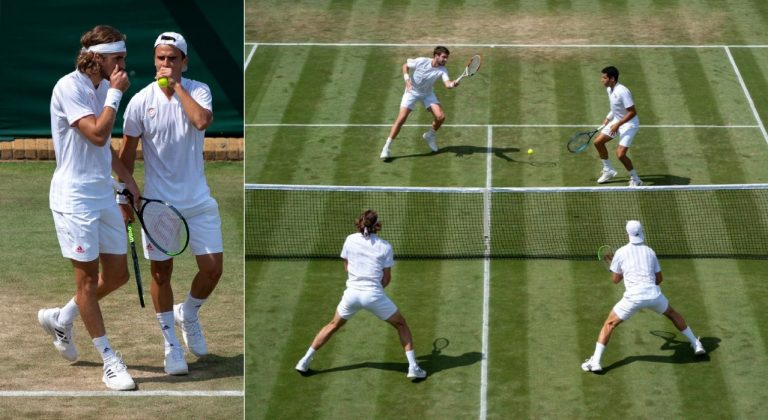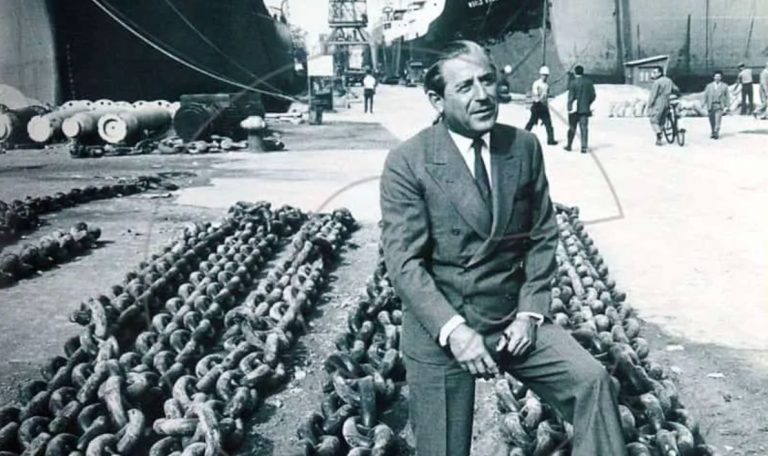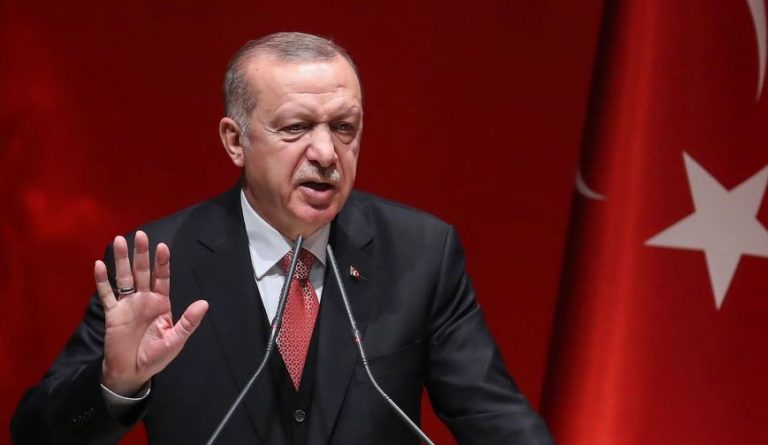Nick Kyrgios has been forced to retire from his third round match against Felix Auger Aliassime at Wimbledon due to injury, ending his eventful run at the grand slam.
Kyrgios got off to an absolute flyer against the Canadian young gun, breaking the 13th seed’s serve in the opening game of the match.
He broke again to take a 4-1 lead in the first set, before Auger Aliassime broke back immediately.
Then disaster struck. Kyrgios was clearly troubled by pain in his abdomen and asked for a medical time-out with the score 5-2 in the first set. He received treatment courtside, as the physio heavily massaged his stomach region.

Kyrgios managed to serve out the set after receiving treatment. He was clearly hampered but fought through the pain to finish the second set, which Auger Aliassime won easily 6-1.
Unable to continue, Kyrgios approached the Canadian near the net and explained he would be retiring from the match.
“I haven’t played this level of tennis in a long time and obviously playing someone as good as Felix — I needed my main weapon, my serve — to be firing on all cylinders,” Kyrgios said on court after his retirement.

“I just felt my ab, (I) definitely did something to it towards the end of the first set.
“That’s the way it goes. He’s a hell of a player, he’s going to do some special things in this sport.
“Playing out here and having this support has kind of given me a second wind. I reckon I’m going to come back and play for a bit longer.
“I did all I could to prepare, to get here. I beat a heck of a player in the first round and I played a great second round and just to get out here again and play two sets — I told myself I’d play as long as I could and I’m sorry that I couldn’t give you more today.”
Source: news.com.au
